Germany has once again become ‘Sick Man of Europe’
Germany, with its struggling economy, could once again be called the ‘Sick Man of Europe’ if structural issues are not addressed immediately.
Deutsche Bank CEO, Christian Sewing, asserts Germany will, once again, become the sick man of Europe if structural issues are not addressed immediately.
It is also true that there are structural weaknesses that hold back our economy and prevent it from developing its great potential.
We will become the sick man of Europe if we do not address these structural issues now.
Christian Sewing, Deutsche Bank, CEO
The Deutsche Bank CEO believes that the biggest task lies with banks. Sewing listed other issues that Germany is facing.
They include high and unpredictable energy costs, slow internet connections, outdated rail networks, digitalization backlogs, and a lack of skilled workers, excessive bureaucracy and long approval procedures.
The term “Sick Man of Europe” was first used by economist Holger Schmieding to describe Europe's largest economy in 1998 as it was navigating challenges associated with its post-reunification economy.
It saw a period of slow economic growth and faced the uphill task of making the country competitive on the global market.
The European economy is doing better than the German economy Germany is the sick man of Europe in the moment.
There has been a decline in manufacturing output, trend wise, since 2018. It's not a short term phenomenon. That has to do with the automobile industry, which is the heart of the German industry and many things hinge on that.
So we are on a declining trend and then comes the war. Putin cut off the gas. Germany shut off, deliberately, its nuclear power plants. And one wonders where the energy should come from.
As it tried to grapple with the challenges of a post unification environment, the EU's largest economy continues to grapple with challenges in its manufacturing sector as it suffers from higher energy costs.
Germany officially slipped into a technical recession in the first quarter of the year as GDP growth was revised from zero to negative 0.3%. The Bundesbank announced that the economy was likely to shrink this quarter thanks to slow private consumption and the increasing weakness of the industry.
Germany's energy intensive sectors, particularly manufacturing and automotive production, have borne the brunt of the disruption of his gas supplies from Russia.
These industries constitute the bedrock of Germany's economic might and any disruption in their operations has far reaching consequences. .
Some firms are contemplating relocating the production facilities to a more energy stable region.
Germany had a big problem with, or had already a big problem with skilled labor.
But now it's a shortage of overall labor, even unskilled labor and this had started in the pandemic when many people who were working in low paid jobs, they found different jobs in different industries that that rose during the pandemic and but they are now missing in other jobs and some people also left Germany.
Others came but they were not so well integrated into labor markets. So in general, we have this shortage of labor in Germany, and we also have problems with supply chains. There were a lot of disruptions there are of course, the war in Ukraine.
Andreas Peichl, IFO Center for Macroeconomics and Surveys
Earlier in September, a report by the Spanish daily El Pais cited an analyst who believed that Germany is staring at the end of its economic model.
According to experts, the German model hinges on three ingredients, which include cost competitiveness, technological leadership, and its industry and geopolitical stability.
But following the outbreak of the war in Ukraine, all these factors are now gone. The severing of Russian gas, which accounted for more than 50% of the gas consumed in Germany, has impacted the electricity intensive industry, forcing businesses to restructure or close plants.
Meanwhile, the IFO business climate indicator for Germany declined for the fourth consecutive month to 85.7 in August 2023, reaching the lowest level since October 2022.
But what is true is that we are currently, economically, not in a good shape. We are probably in a recession going into a deeper recession.
And there are a lot of worries about the future, the economic future and also, there's a lot of uncertainty.
And one thing in Germany is the inflation and rising prices has always been a big issue in the German history and in the back in the minds of the people.
And so I think the rise in inflation in the recent years is also something which is leading to these results.
Andreas Peichl, IFO Center for Macroeconomics and Surveys
The significant deterioration in business morale suggests that Europe's largest economy has not yet overcome its challenges. Berlin's chances of reversing the situation, in the short term, are low.
The broader repercussions of Germany's deindustrialization and its aging workforce are looming, casting a shadow over the European Union's economic strength and competitiveness.
Meanwhile, Berlin is planning to restore a 19% sales tax on gas and heat deliveries from the end of this year. The move will effectively end the current discount rate three months earlier than planned.
The value added tax on natural gas was cut from 19% to 7% last October to ease the pressure on consumers amid soaring energy costs.
A recent report by the German economy minister projected that gas prices in the EU's largest economy are likely to soar and remain high until at least 2027 unless additional emergency measures are taken.
Israel uses negotiations as cover for Rafah invasion: Hamas
VIDEO | Wounded Gazans rushed to hospital following airstrike on Rafah
VIDEO | Pakistan unites in protest against Israeli genocide as university students join in
VIDEO | Gaza carnage unabated
Israel alleges killing ‘Hamas’ naval commander’
AIPAC censures Biden for pausing arms shipment to Israel
Fuel running out at Gaza hospitals amid Israeli assault on Rafah: WHO
Hezbollah says it hit Israeli targets in ‘multipronged attack’


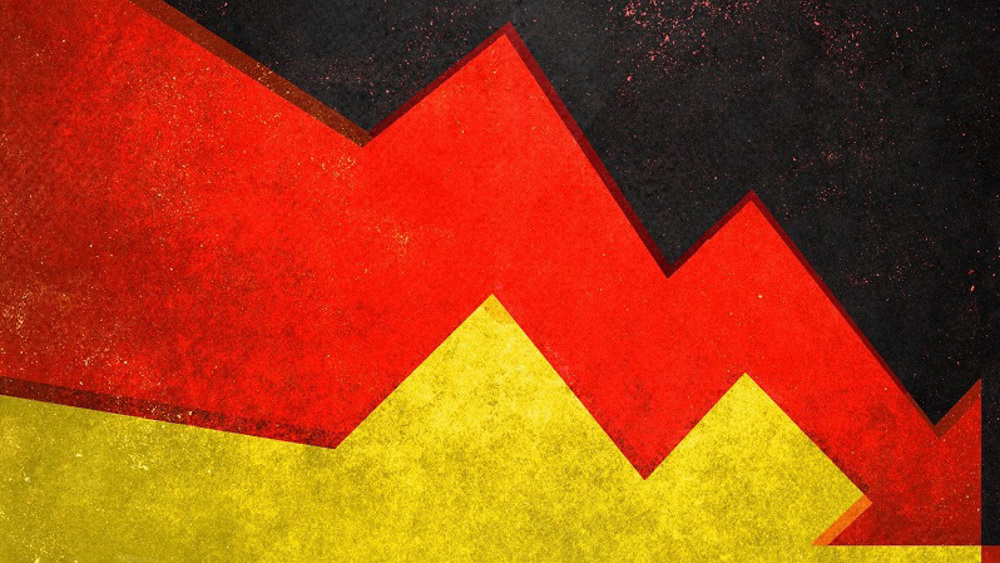
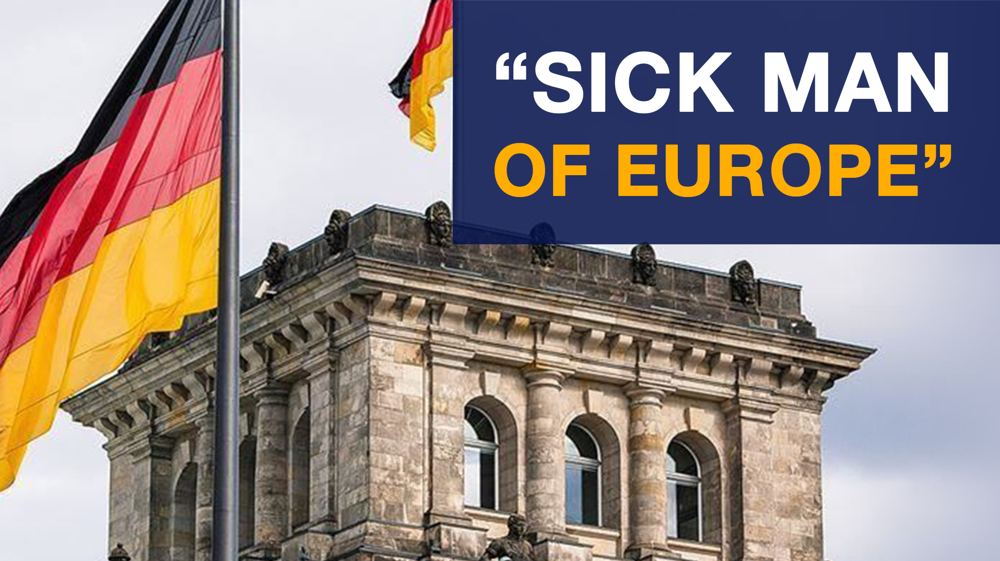
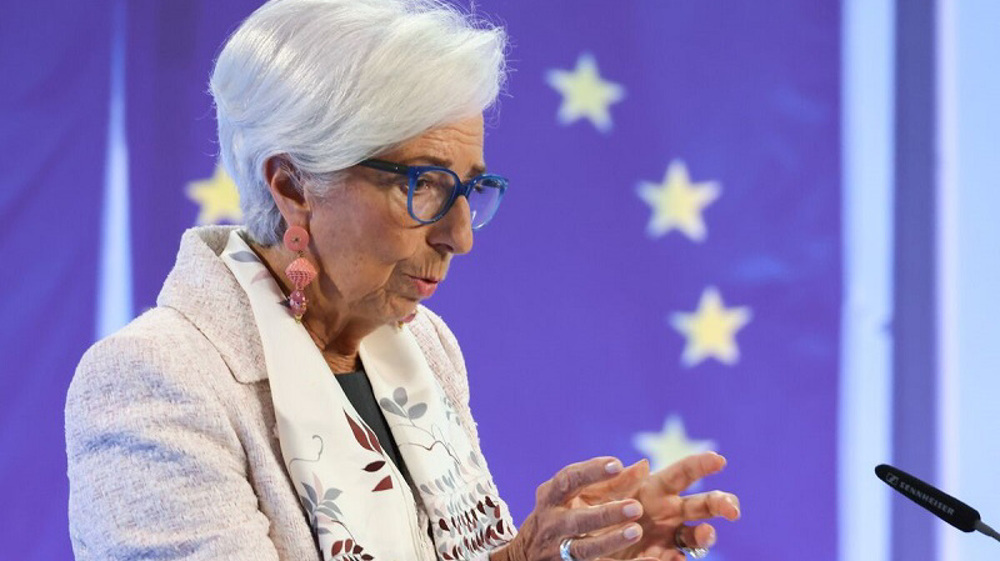
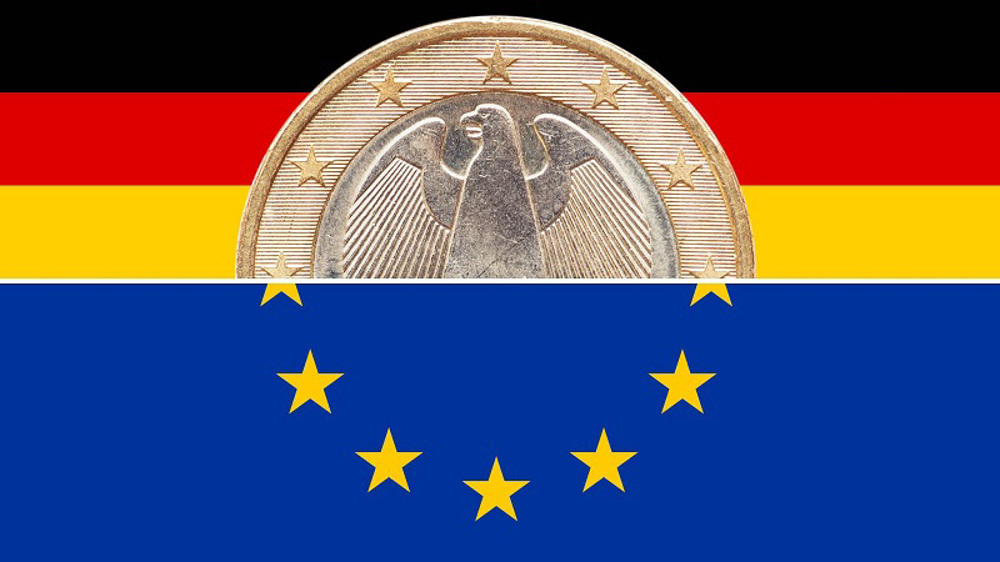
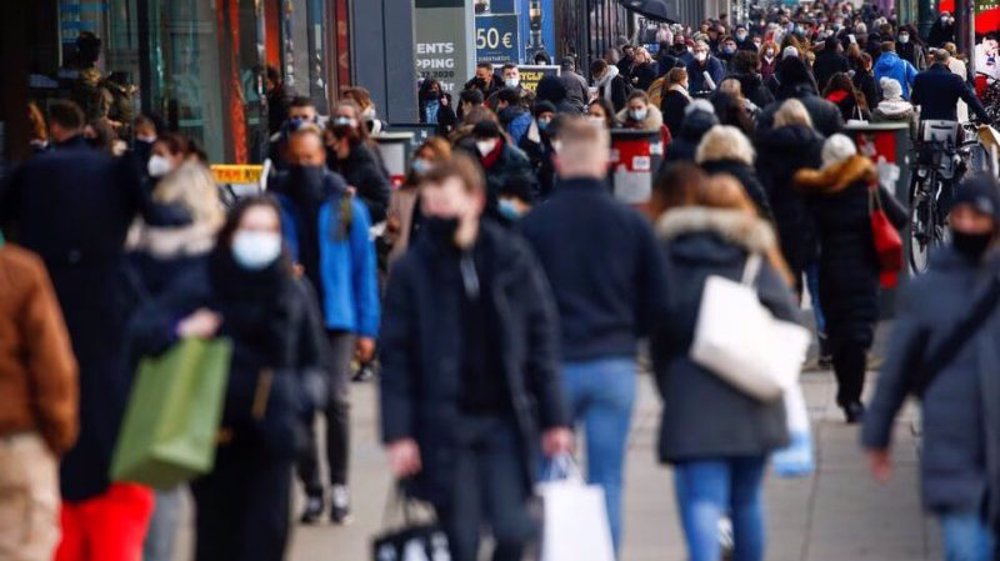
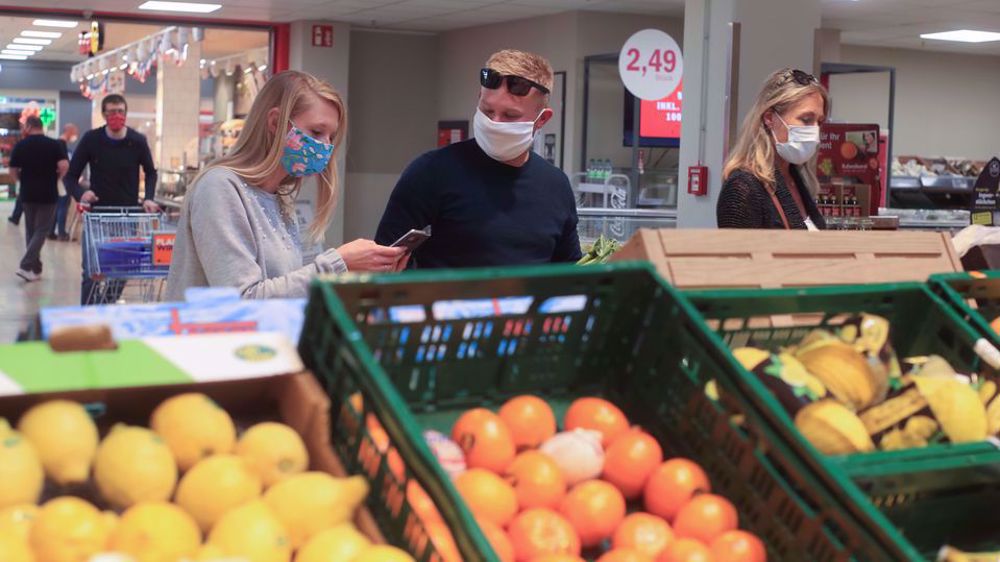
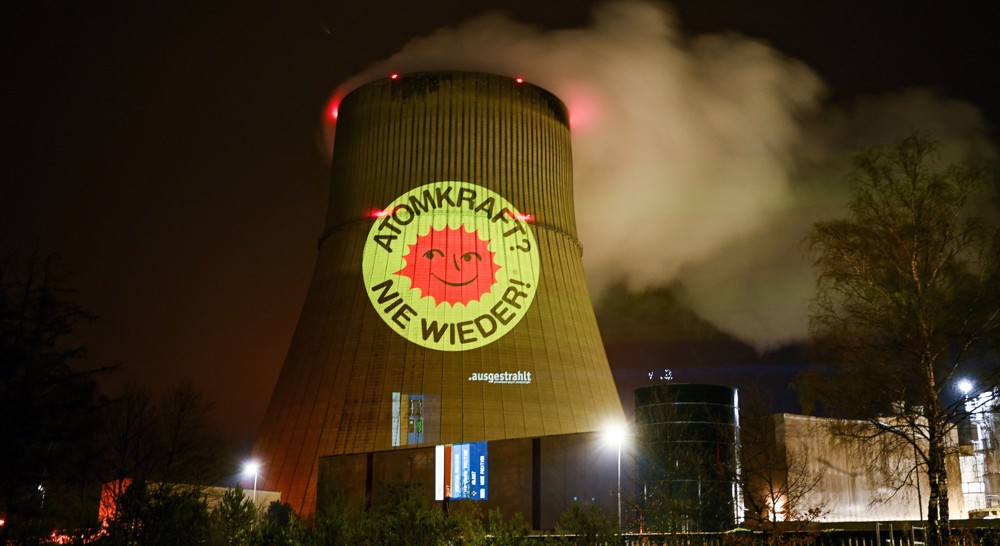
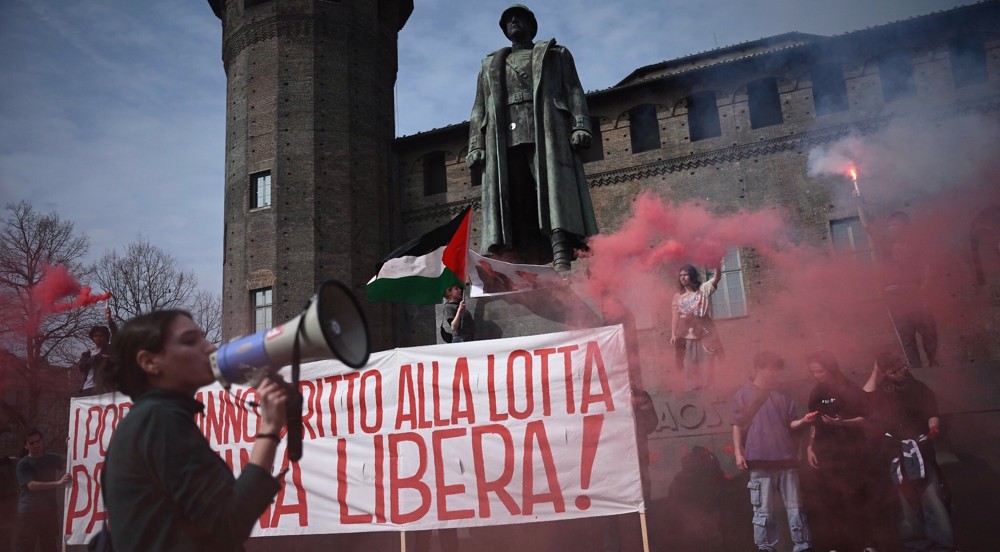

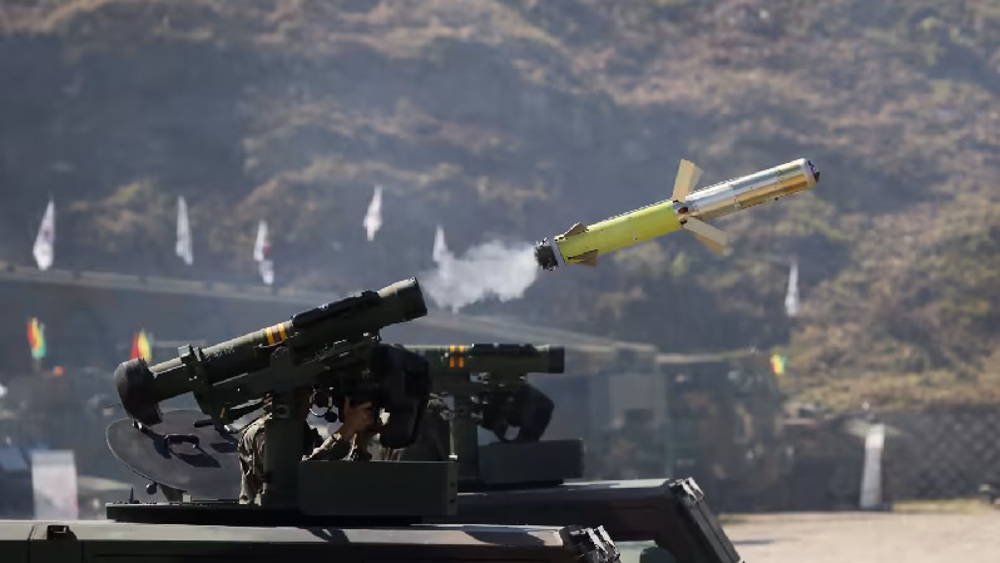



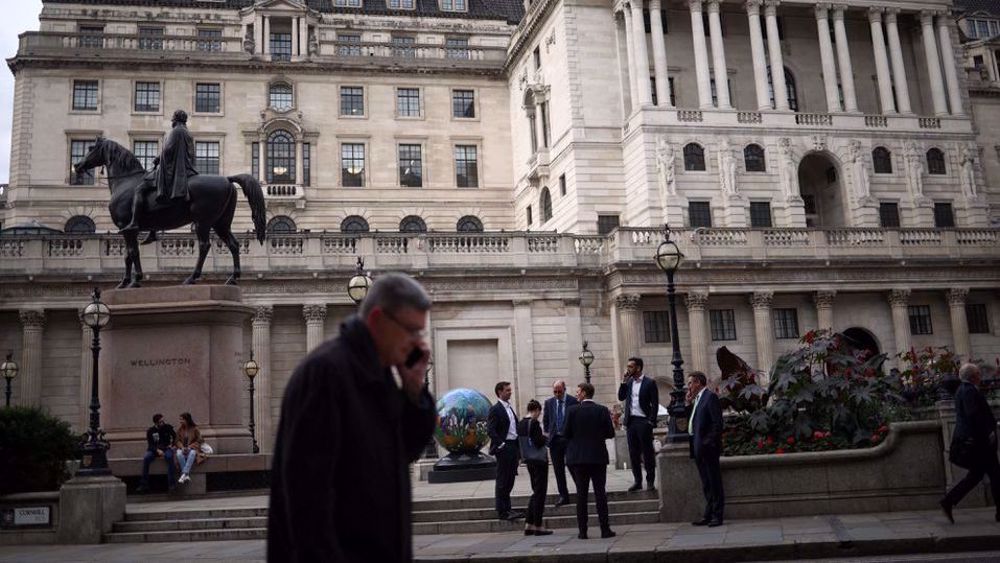
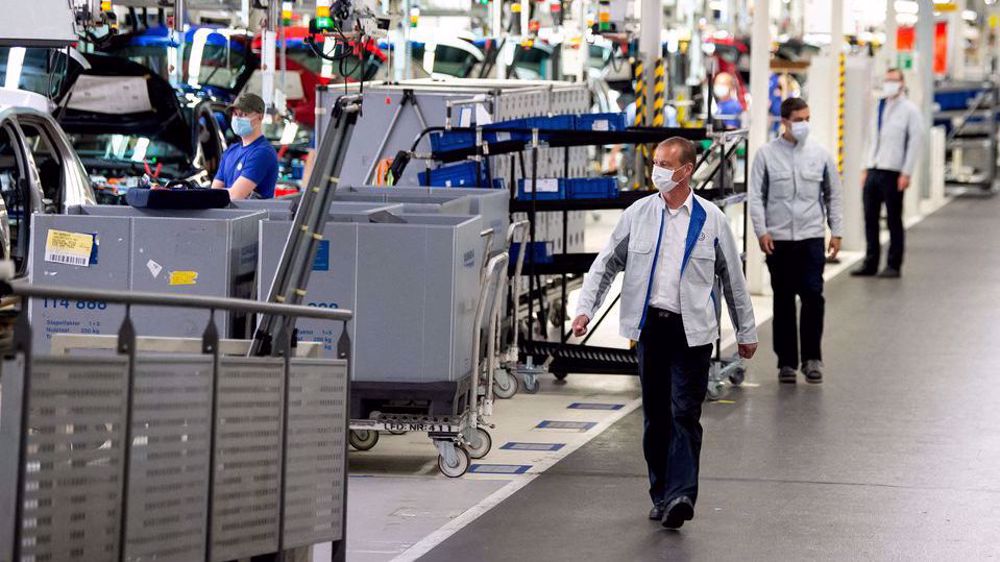
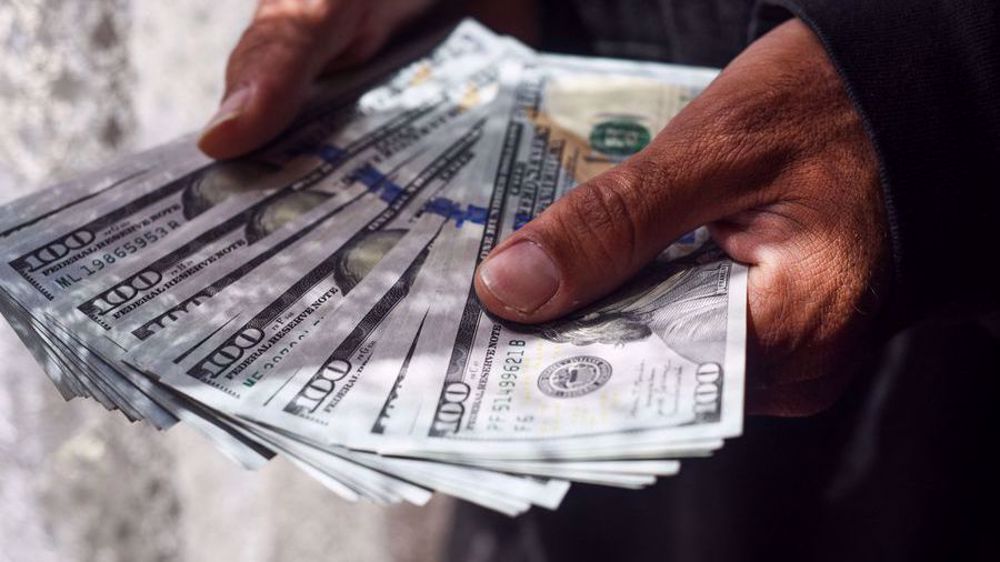
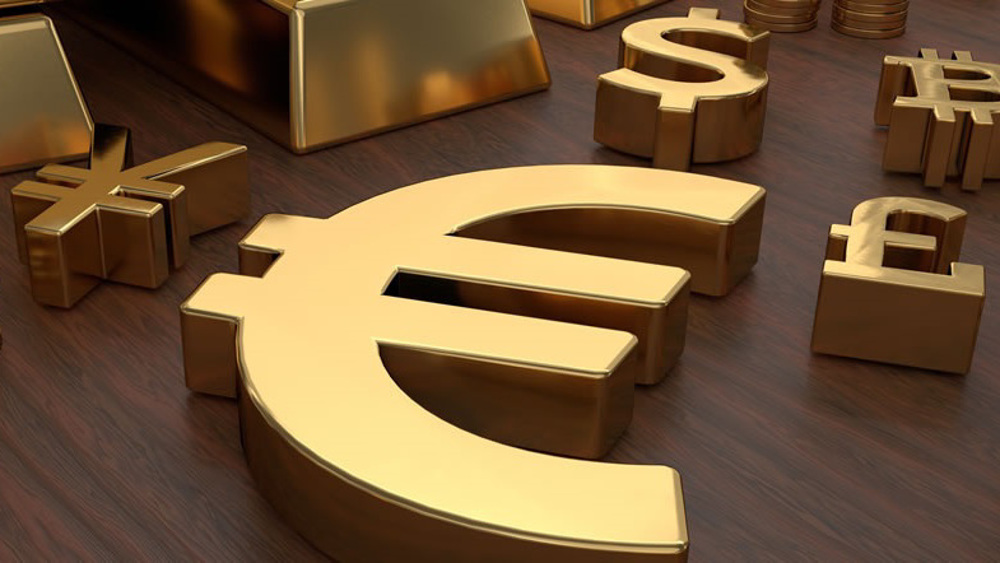

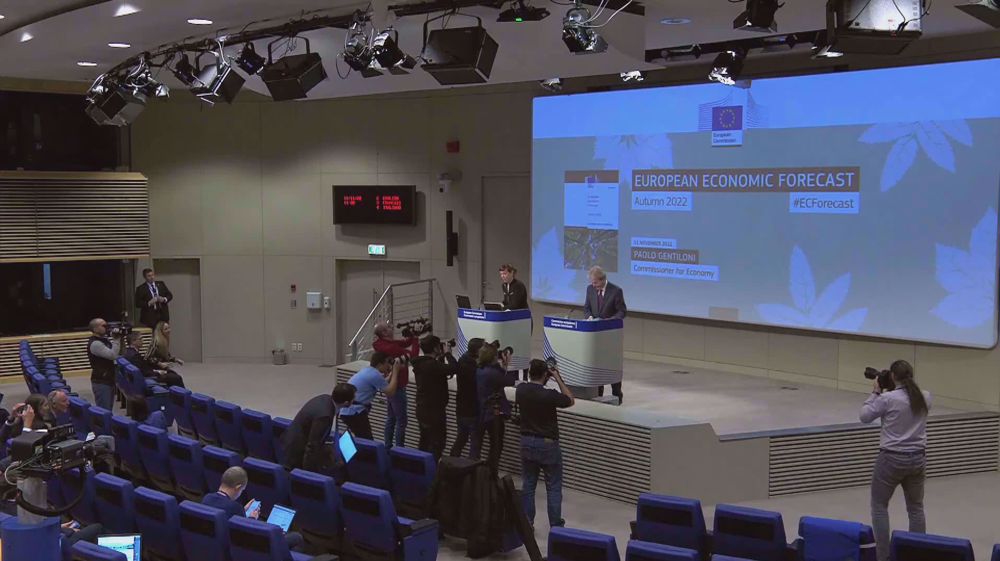
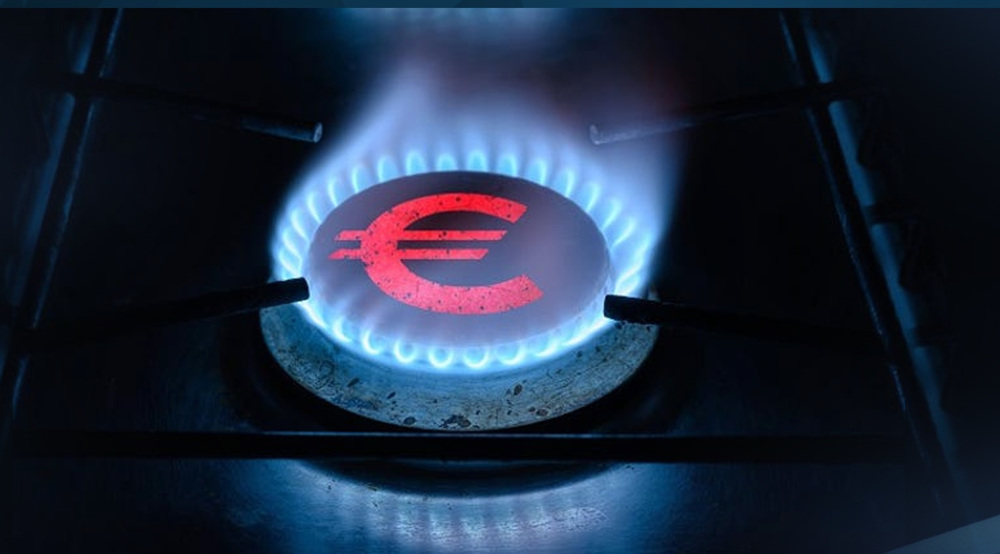



 This makes it easy to access the Press TV website
This makes it easy to access the Press TV website